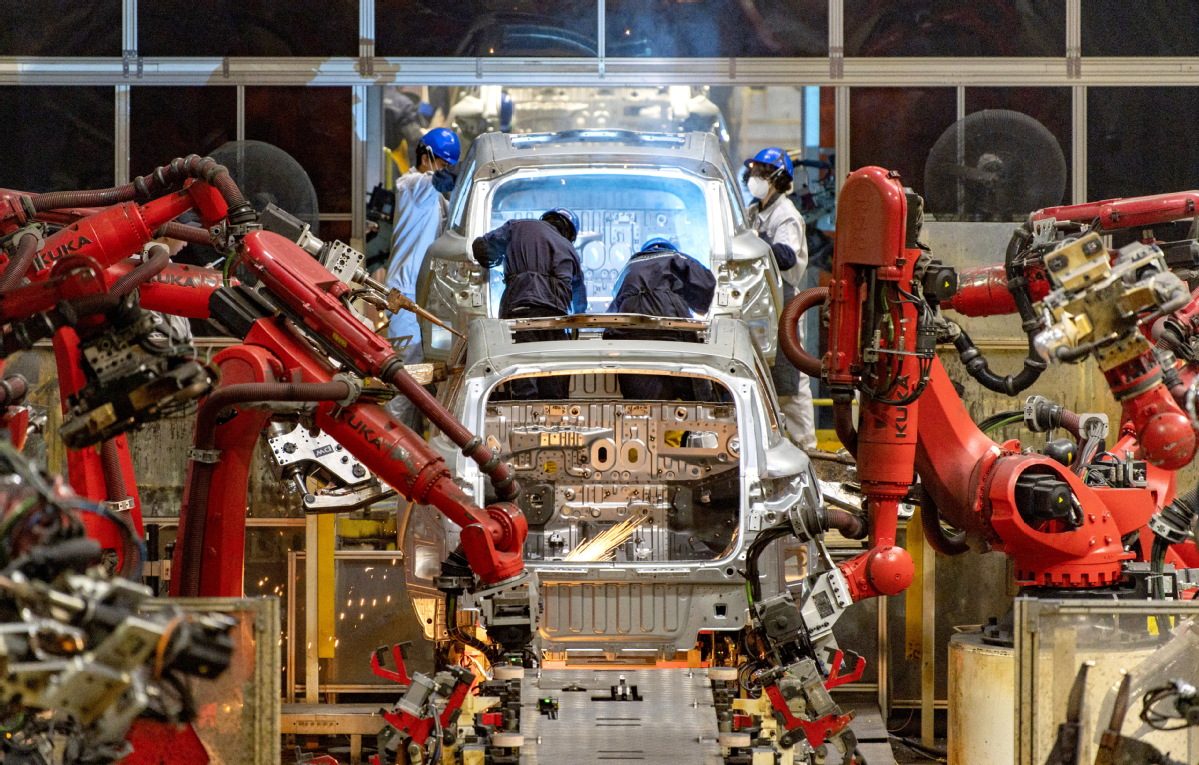
BEIJING - China's Ministry of Finance has unveiled measures to encourage government agencies to make their fleets greener by introducing new energy vehicles (NEVs), as the country accelerates its green transition.
A circular released to the public on Monday detailed new requirements for NEV procurement in government agencies. It aims to support the widespread adoption of these vehicles and aligns with broader national strategies, including the central authorities' guideline on accelerating green economic and social development.
ALSO READ: New policies target fresh growth engines
Under the new guidelines, government agencies are encouraged to prioritize NEVs in their procurement plans, aiming for a minimum of 30 percent of annual vehicle purchases to be NEVs where feasible.
The policy also outlines standards for certain government vehicles with fixed routes, primarily used within urban areas, such as those for confidential communications. For these vehicles, it is recommended that they strive to reach 100 percent NEV procurement.
READ MORE: Survival of fittest as market hots up
The circular also calls on government agencies to prioritize NEVs when leasing vehicles.
As tackling climate change becomes a global priority, NEVs play a critical role in reducing carbon emissions in the transportation sector. According to the International Energy Agency, global sales of NEVs will need to reach 45 million units by 2030 to meet carbon neutrality targets.
READ MORE: China poised to hold more than half of global EV fleet by 2025
According to official data, the NEV market share in China was just above 1 percent in 2015 but has since surged thanks to an expedited green transition of the Chinese economy.
In July this year, NEVs made history by surpassing fuel-powered vehicles for the first time in terms of market share, with retail sales nationwide hitting 878,000 units -- accounting for 51.1 percent of the domestic market.


